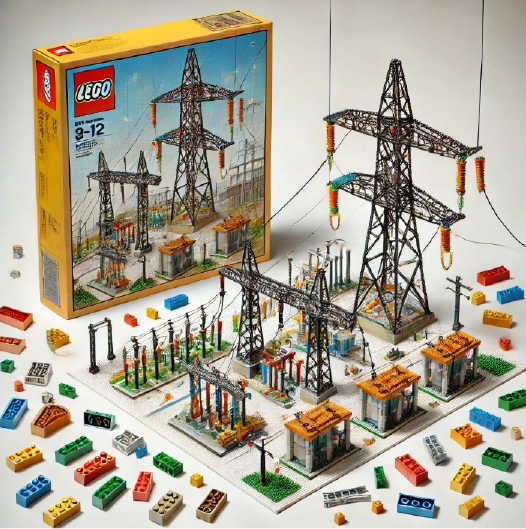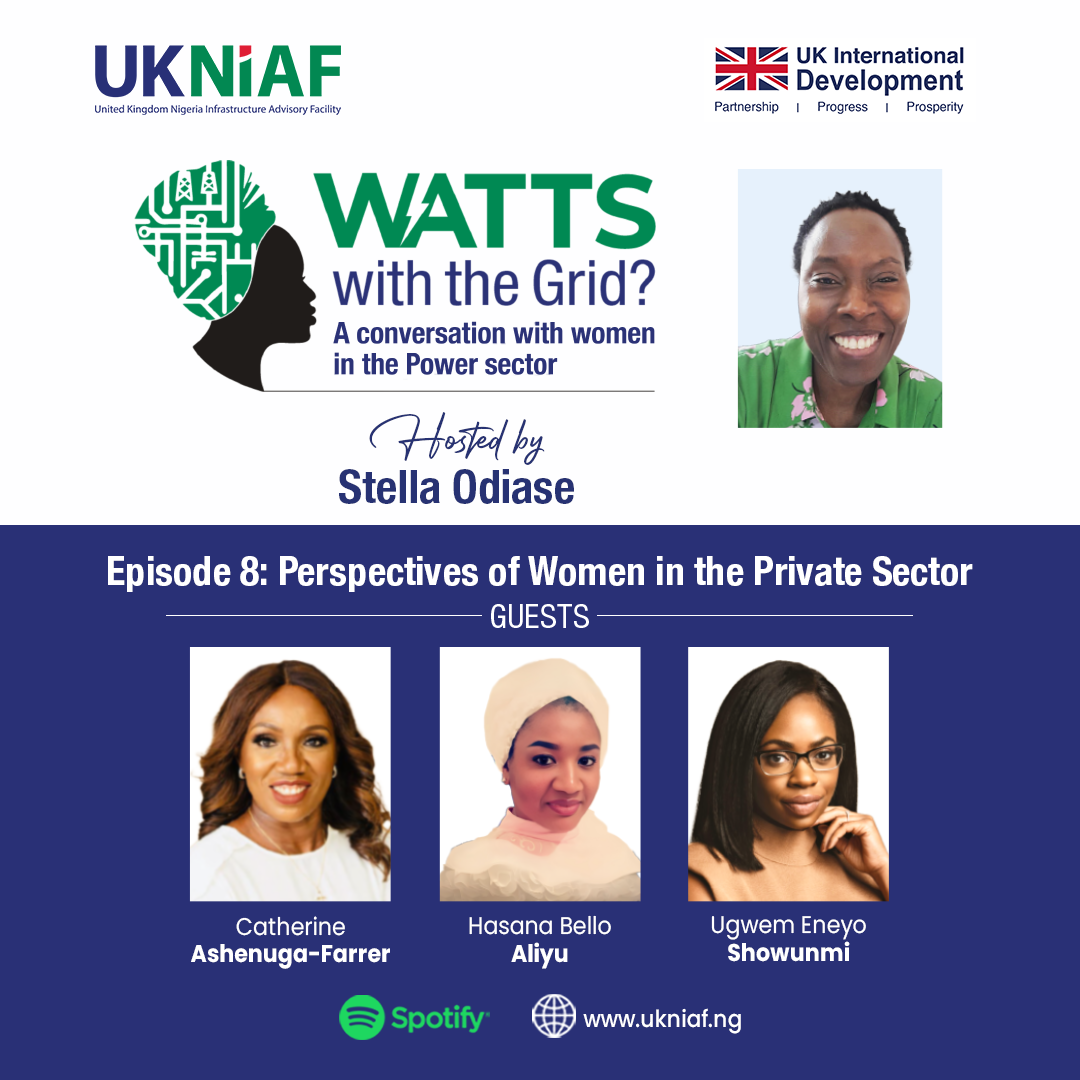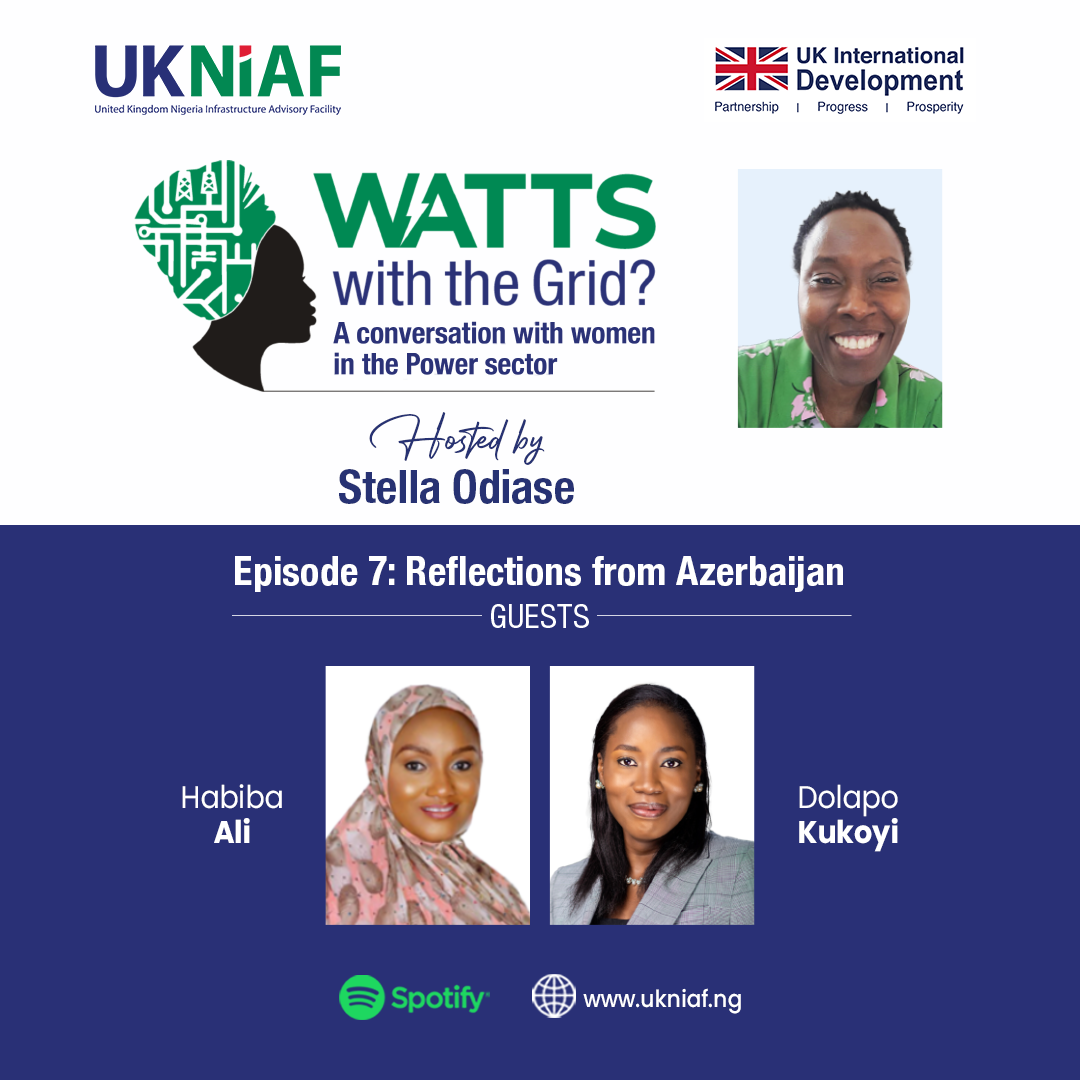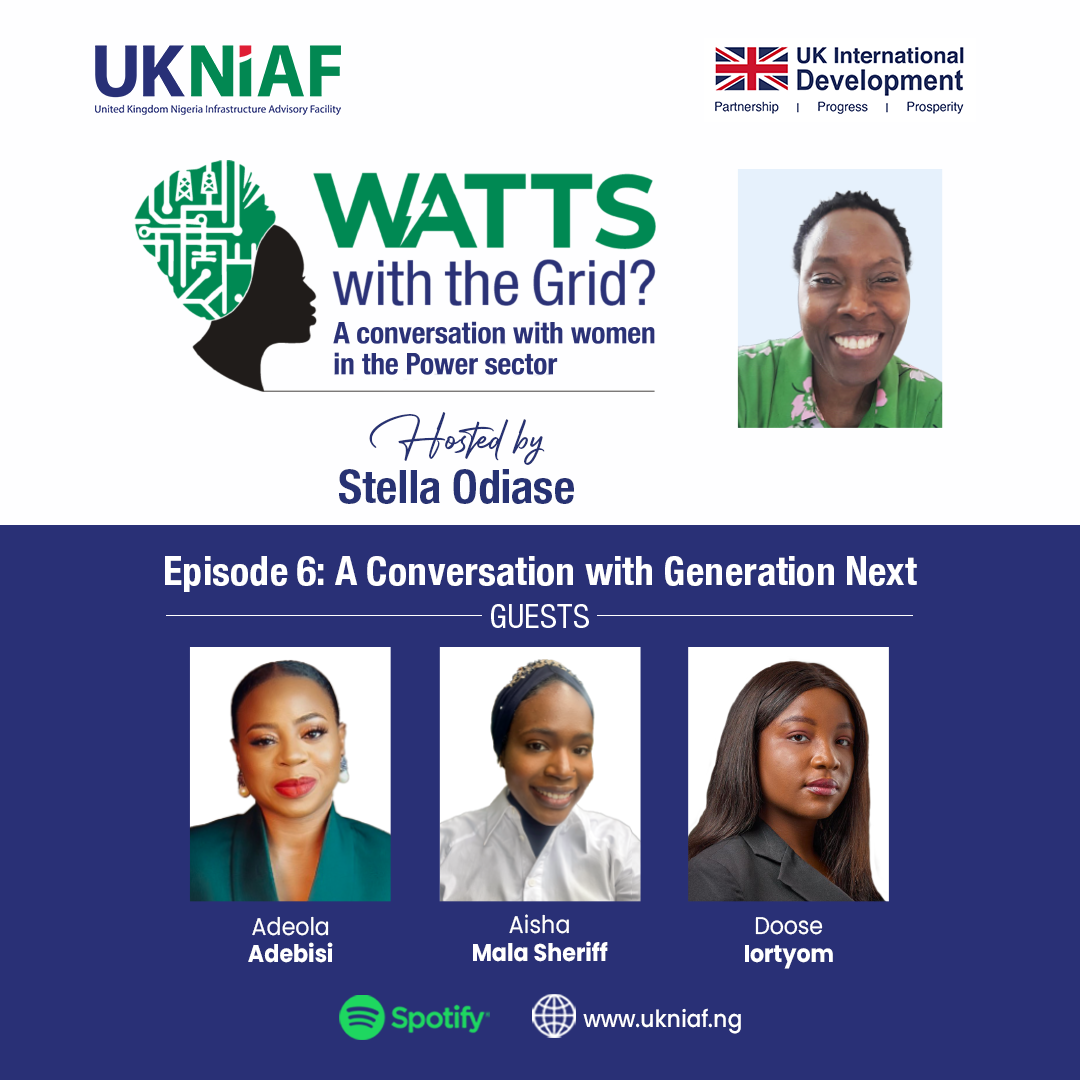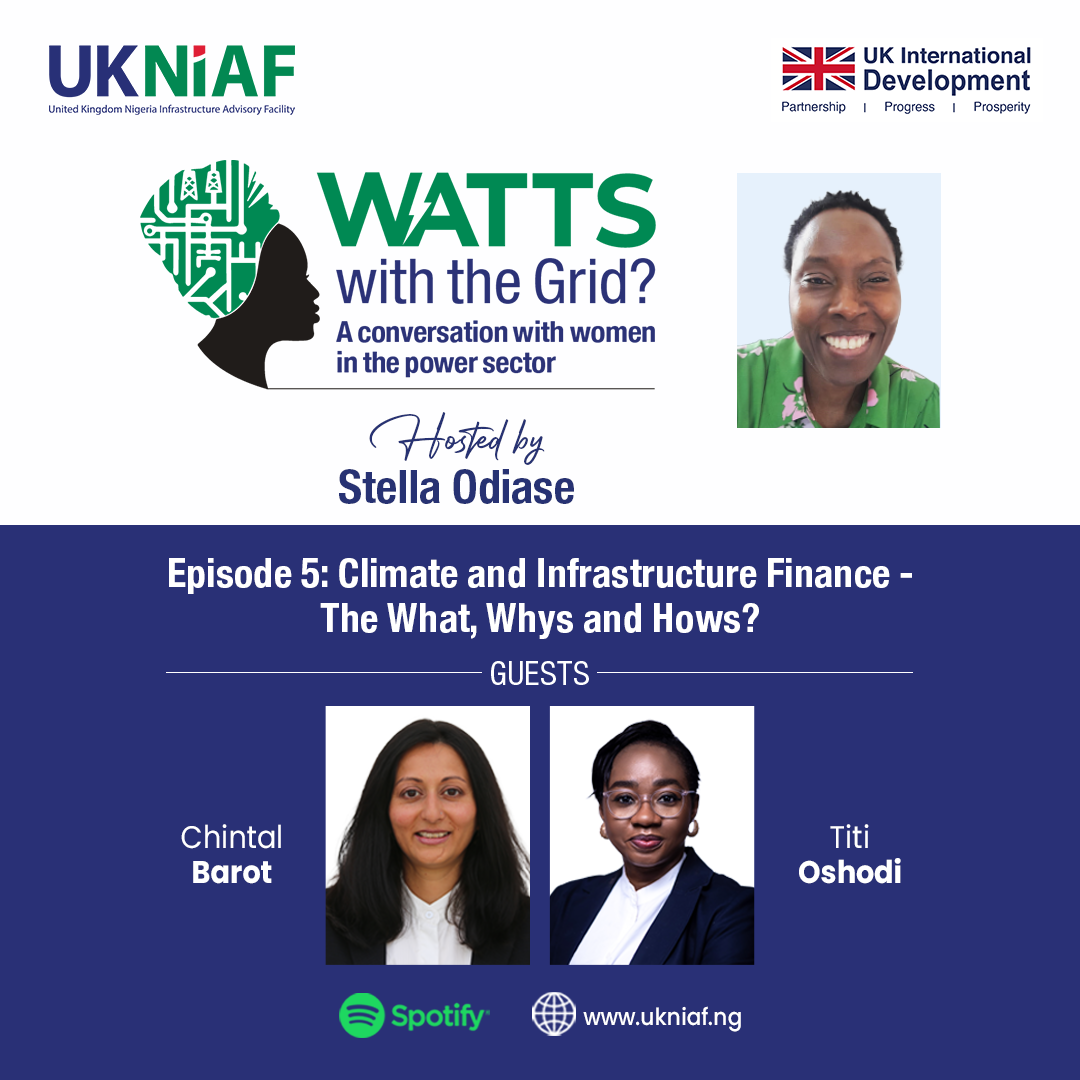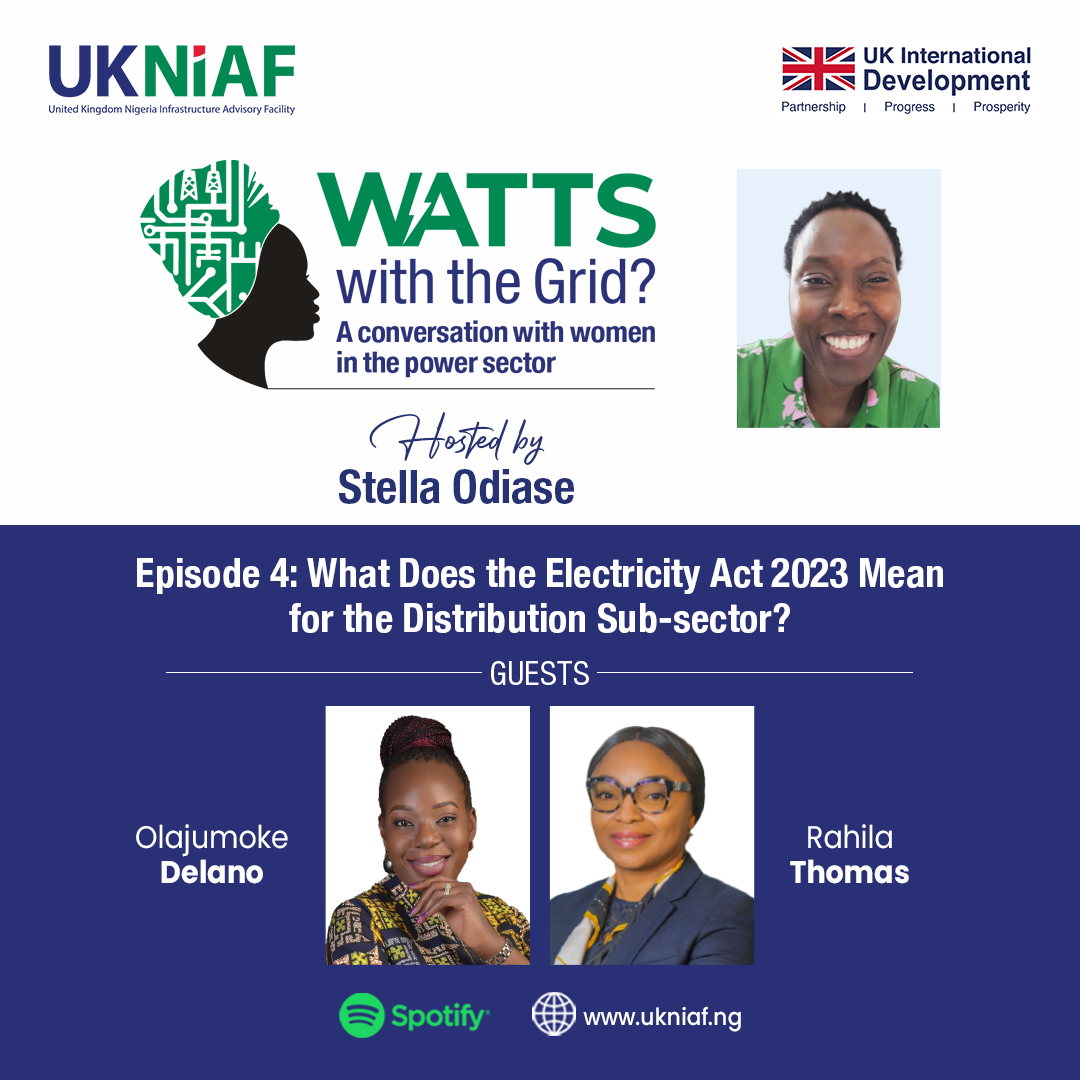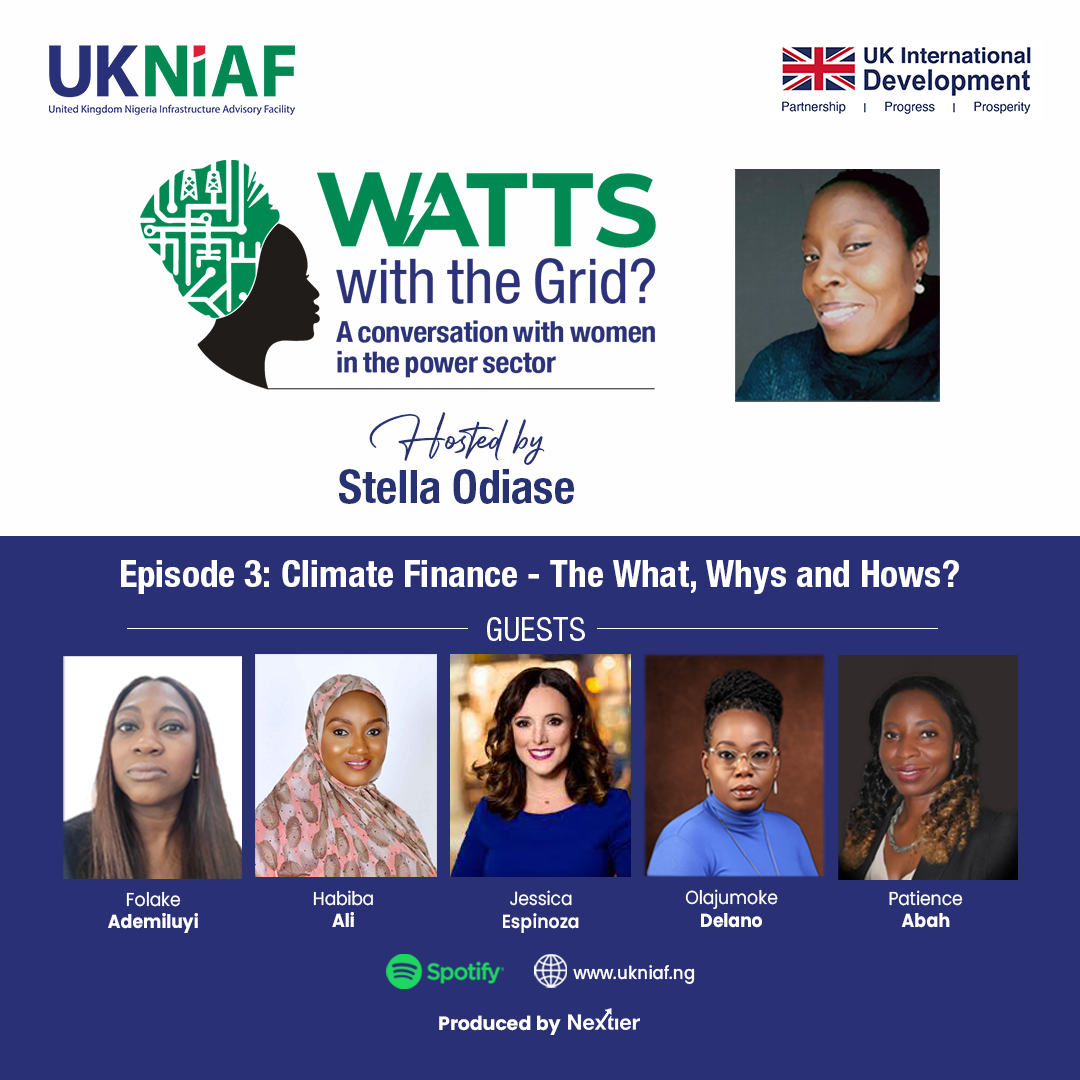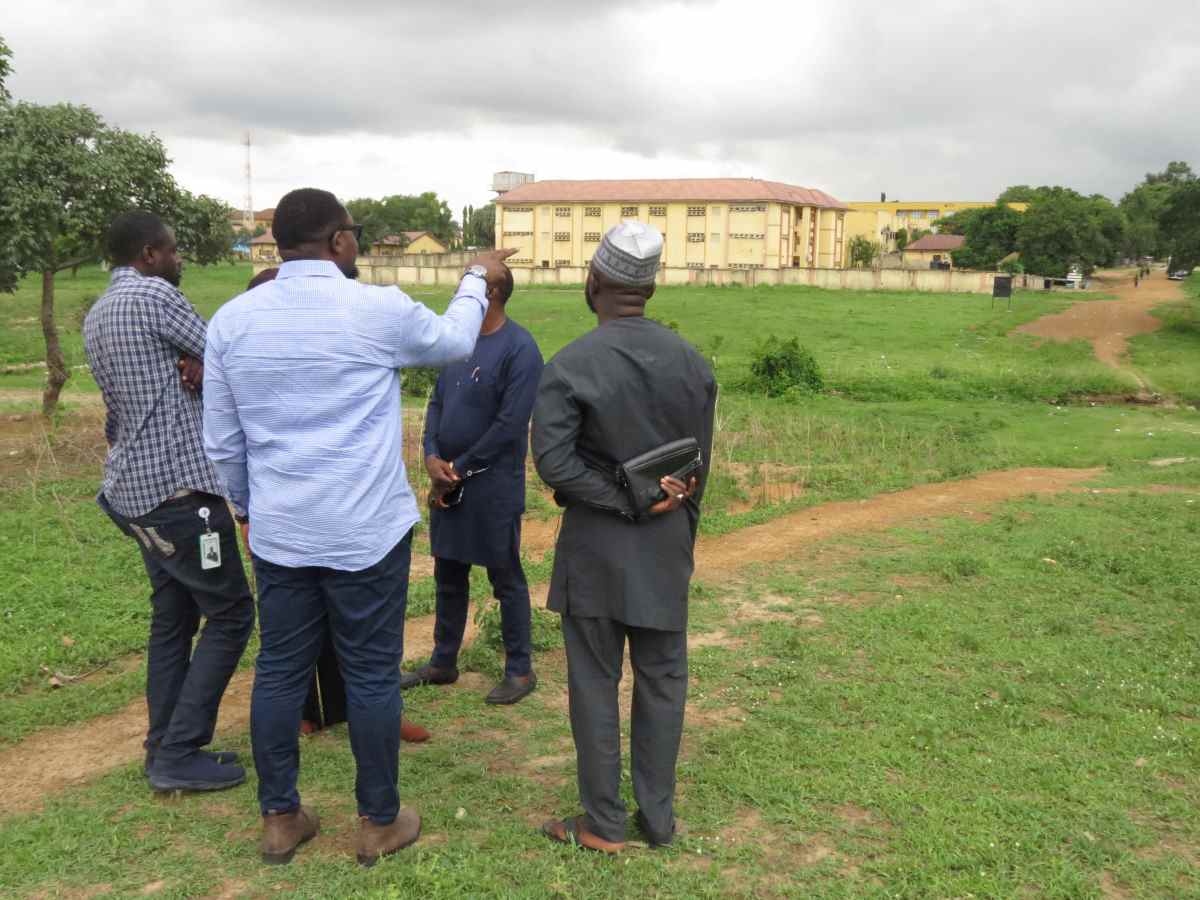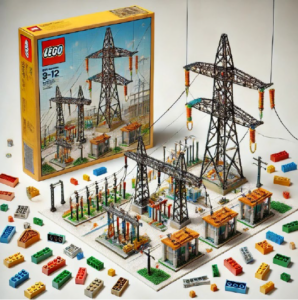Three Perspectives on Nigeria’s Electricity Tariff Review: The Utilities, the Climate Change Expert, and the Customer
What is this about?
The process of generating, transmitting, and distributing electricity is multi-faceted, with parties with different interests at each step. Different perspectives and priorities are commonplace. To achieve a mutually beneficial goal we need to acknowledge and listen to these perspectives. As a step in this direction UKNIAF is pleased to showcase three different perspectives from three thought leaders.
In this third and final instalment of a three-part series Stella Odiase, UKNIAF’s Cross Cutting Adviser and a Doctoral candidate at the Institute of Development Studies, Sussex University, reflects on a recent electricity customer interaction, where customer requests were quite straightforward.

Just give us Light: The Customer Perspective
Stella Odiase
I attended an (electricity) Customer Complaints Resolution meeting today. The meeting was actually a town hall-style event where the Electricity Regulator (NERC) and one of the Distribution Companies (DisCo), collaborated with UKNIAF to provide a platform for electricity customers to share their electricity access experiences and discuss problems related to this. The idea was to enable a resolution of customer problems either on the spot or at the very least to begin the resolution processes. During the event, both NERC and the DisCo outlined some of the work which they have been doing to ensure improved electricity supply.
My interaction with sector experts at UKNIAF has enlightened me on how important it is for Nigeria to sort out the supply-side issues which NERC highlighted at the event and also how critical it is for several things to work together at the same time, for more people to access regular power supply.
So, I appreciate the importance of technical terminology like ‘cost reflective tariffs’, ‘efficient cost of operation’ and ‘return on capital invested’. To an electricity customer however, these sound like more talk and mere talk because the electric power outages in today’s Nigeria are now painfully frequent.
At the Complaints Resolution meeting mentioned above, there were over 250 men and women from the neighbouring communities, all glad for an opportunity to come face to face with ‘NEPA’ so they could tell them how unhappy they have been with the state of electricity supply . Over and over again, the refrain ‘just give us light’ was either expressed or implied as customers saw the people that they could channel their anger towards. According to one participant ’we are ready to pay whatever as long as we have light…because the suffering is too much’. Nigeria is going through rather turbulent economic times and there is a lot for ordinary citizens to be angry about. A lot of that anger was evident in the general tone and posture of the customers. In spite of this however, what I did not hear was any customer complaining about having to pay the cost of actual electricity, which they received.
Customers and their power bills
In terms of the cost of electricity, the complaints raised during the forum revolved around billing for non-existent power supply. Some customers are baffled that they still continue to receive exorbitant bills even when they have not had electricity for some time, a practice which is referred to in the Power sector as estimated billing.
Closely linked to this issue is that there are still far too many unmetered electricity customers in the country, which is problematic because without metering it is impossible to charge customers based on their actual electricity consumption levels.
The Crux of the Matter
At the meeting, the customers were most frustrated about how little power supply they actually receive daily. Some customers complained of long stretches of time with no electricity (‘no light since after Christmas’); there were also micro and small business owners who are struggling to stay afloat like the widowed fishmonger who has had to throw away several heaps of fish in the last two months because there has been ‘no light to keep them for sale’. Some customers had contributed money and jointly purchased transformers to supply electricity within their residential areas. These customers were surprised to discover that they can actually claim a reimbursement of this expense or be reimbursed when they are over billed due to estimated billing, which happened in the Kaduna DisCo recently.
Power sector experts have always made the point that there are critical issues apart from pricing that need to be addressed if the supply of electricity is to be improved. One of such issues is the value chain alignment or ‘dancing in sync’ as mentioned in the first conversation in this series. Another issue is how well energy efficiency measures (or cost saving measures) are adopted across the value chain, a process compared to going on a diet, as mentioned in the second conversation in this series. The question for the customer then becomes, ‘even if tariffs are increased can we be sure that we will receive improved service’? In a context where the reliability of electricity supply depends on institutional capacity to address so many other variables, the answer does not appear to be affirmative. Increasing tariffs alone without addressing the institutional challenges which limit efficiency and synergy in the supply value chain, is not likely to improve electricity access in Nigeria.

